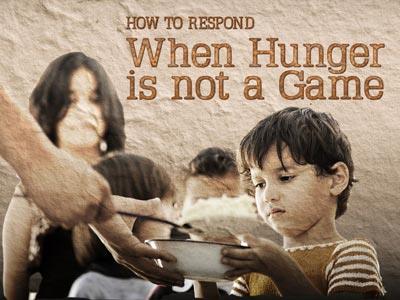-
Sermon On The Mount Lesson 5
Contributed by Bill Prater on Jan 1, 2001 (message contributor)
Summary: Lesson #5
No right thinking person would argue the fact that we are living in a rapidly degenerating society. It is a society that is plagued with moral perversion, an alarming divorce rate, the escalation of teen violence, a lack of moral absolutes, little or no concern for spiritual things, and many other evils too numerous to mention. However, as evil as these things are, we must not lose sight of the fact that they are but symptoms of a much greater disease. This disease not only plagues this nation, but the world as a whole, and is the same disease that brought about God’s judgement in the garden of Eden and in the days of Noah. It also brought about the destruction of the cities of Sodom and Gomorrah. This dreaded disease is SIN. Every evil that exists in the world today is the result of sin.
There is much debate today as to whether or not we will ever see another great revival before Jesus comes. The truth is, only Jesus knows. We have been given the "Recipe for Revival" in 2 Chronicles 7:14, "If my people, which are called by my name, shall humble themselves, and pray, and seek my face, and turn from their wicked ways; then will I hear from heaven, and will forgive their sin, and will heal their land." Humbling ourselves, praying, seeking the face of God, and turning from our wicked ways is what this fourth beatitude is all about. The solutions to the problems that plague our society today cannot be found in more government intervention or more social programs. The solution is in men and women developing a "hunger and thirst" for righteousness.
I. A DESIRED POSSESSION
The Bible speaks of three kinds of righteousness.
A. Putrefying Righteousness
1. Isaiah 64:6
4. Titus 3:5
5. Every effort made by fallen man to be righteous is rejected by God.
B. Justifying Righteousness
1. Romans 4:1-11, 19-25; 5:1
2. The great truth taught in the fourth chapter of Romans is that salvation is by faith alone. In this chapter, Paul states that the result of our faith in Christ is His imputed righteousness.
3. Eleven times the Greek word logizomai is used in Romans 4. It is translated once as "counted" (v. 3), three times as "reckoned" (vs. 4, 9, 10), and six times as either "imputeth, impute, or imputed" (vs. 6, 8, 11, 22, 23, 24). In every case it means the same thing. It means "to put on someone’s account." Consider Philemon 18.
4. When a person places their faith and trust in Jesus Christ, His righteousness is put to their account, and their sin debt is canceled. As the result of imputed righteousness we are justified in the sight of God (Romans 5:1), and made to appear as though we had never sinned.
C. Sanctifying Righteousness
1. To this point in the beatitudes we have been made to see our poorness of spirit, our utter helplessness and hopelessness outside of a right relationship with Jesus Christ. The result of seeing ourselves in this condition is Scriptural mourning or "godly sorrow" and meekness or humility before God. In essence we have been brought to see our deep need of a righteousness which we do not possess. It is at this point that we call out to the Lord, placing our faith in Him as our Redeemer and Justifier.
2. What follows in this list of beatitudes are the characteristics of those who have truly been born again, the first of which is a "hunger and thirst" for righteousness. It is a hungering and thirsting not only to be restored to favor with God, but to have His image restored in us.
3. Righteousness not only deals with being right, but also with doing right. It is doing right, sanctifying righteousness, which the Lord has in view here in this beatitude.
II. A DILIGENT PURSUIT
"Thorough righteousness is often parodied as some form of obsolete Victorian prudishness, or narrow- minded and vehement legalism. The pursuit of righteousness is not popular even among professing Christians. Many today are prepared to seek other things: spiritual maturity, real happiness, the Spirit’s power, effective witnessing skills. Other people chase from preacher to preacher and conference to conference seeking some vague "blessing" from on high. They hunger for spiritual experience, they thirst for the consciousness of God.
But how many hunger and thirst for righteousness?
This is not to argue that the other things are not desirable, but rather that they are not as basic as righteousness. It is with good reason that this is the fourth beatitude. The man marked by poverty of spirit (5:3), who grieves over sin personal and social (5:4), and approaches God and man with meekness (5:5), must also be characterized as hungry and thirsty for righteousness (5:6). It is not that he wants to be a little bit better, still less that he thinks of righteousness as an optional luxury to add to his other graces; rather, he hungers and thirsts for it. He cannot get along without righteousness; it is as important to him as food and drink." (D. A. Carson, The Sermon On The Mount, p. 21)

 Sermon Central
Sermon Central



